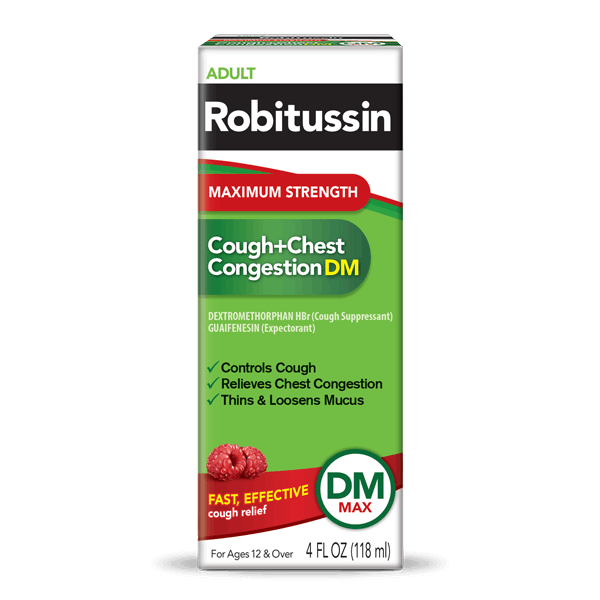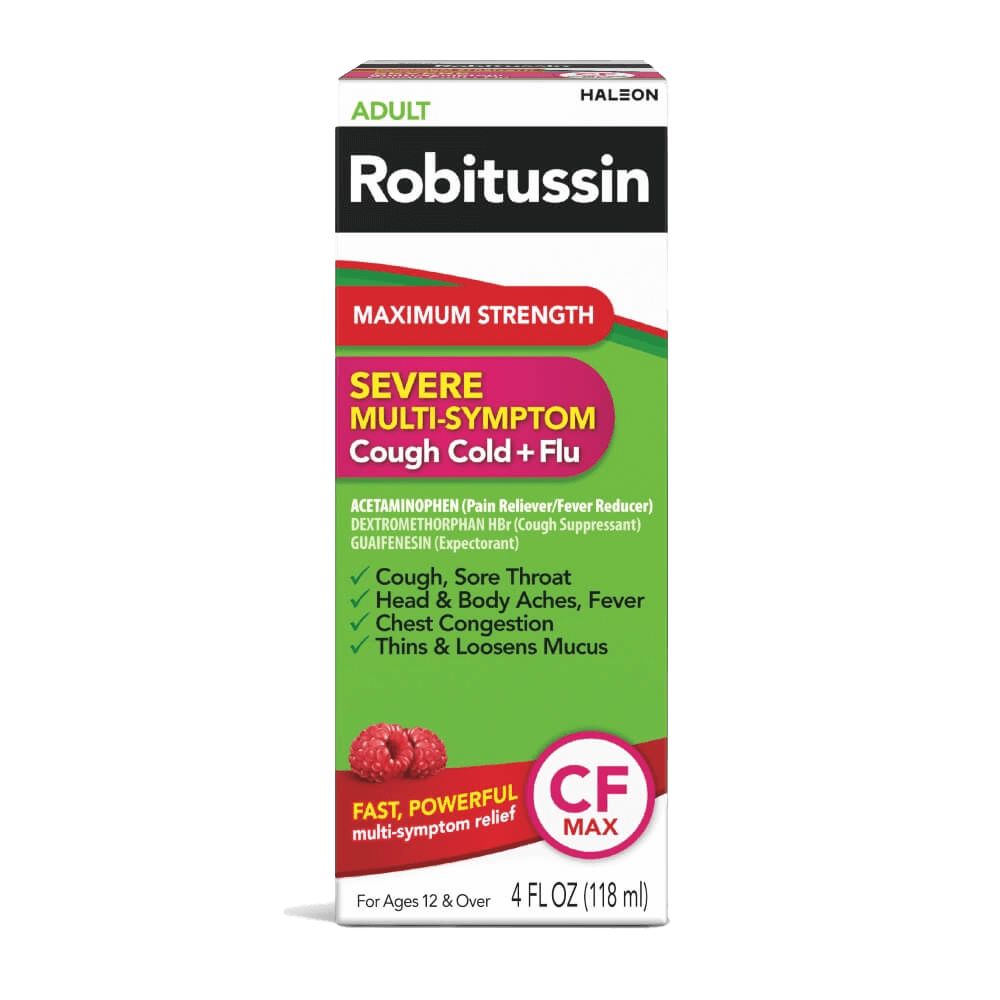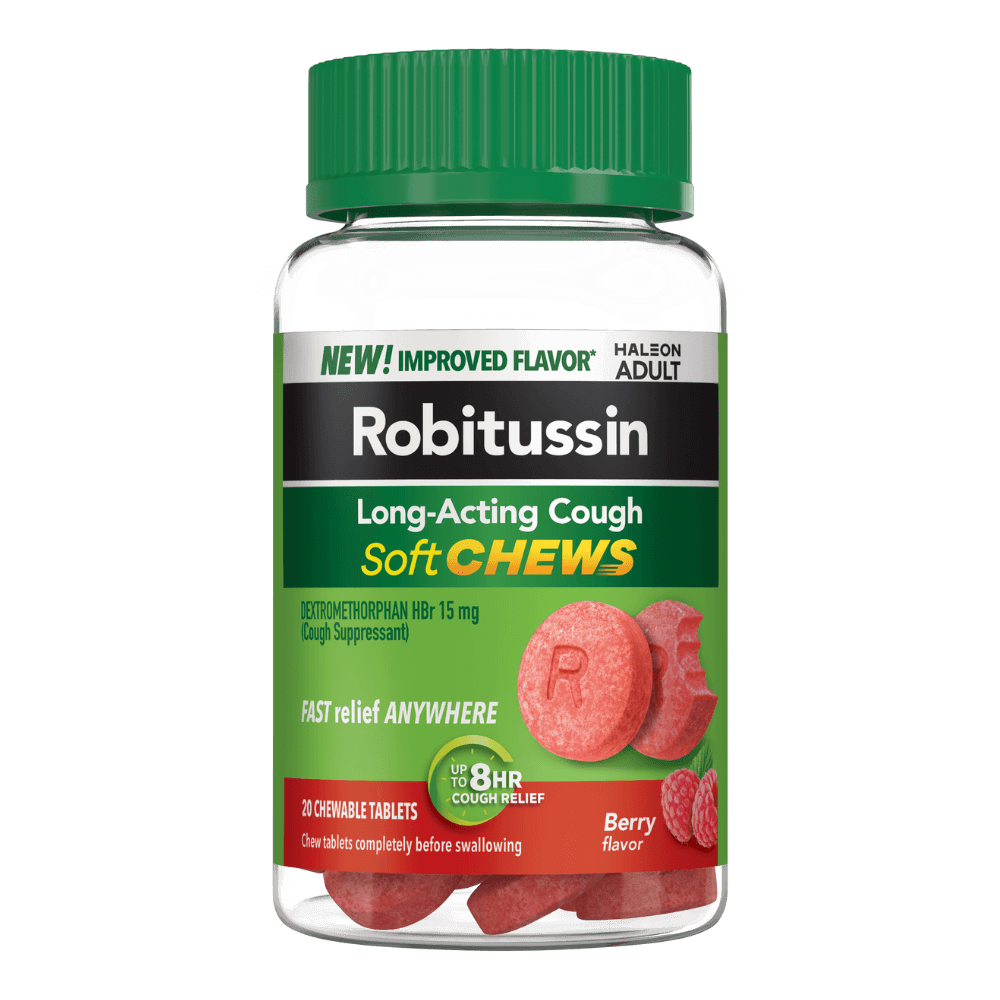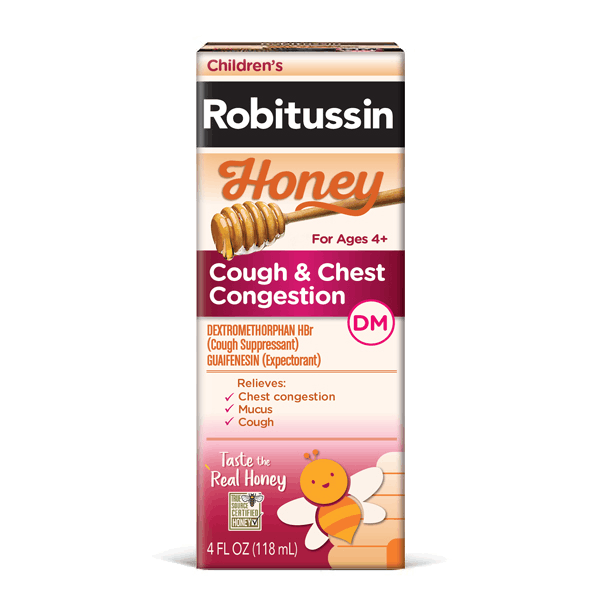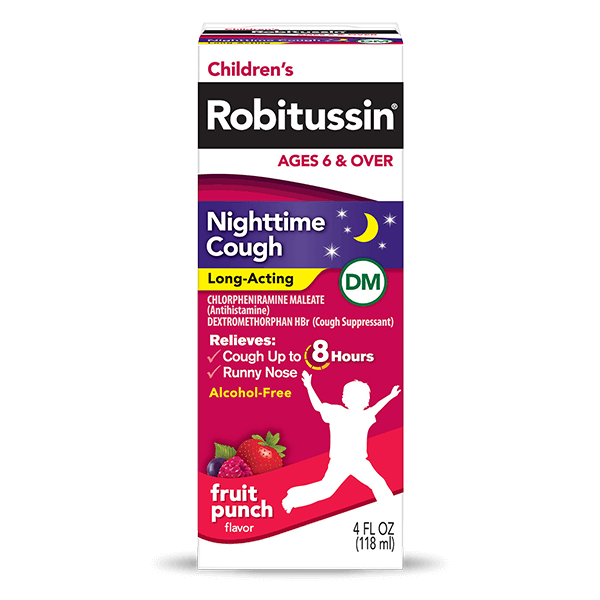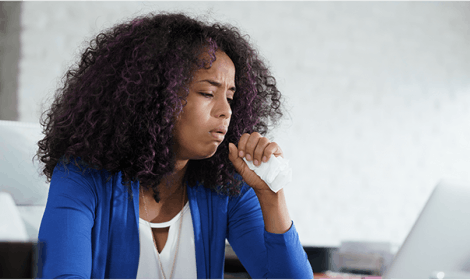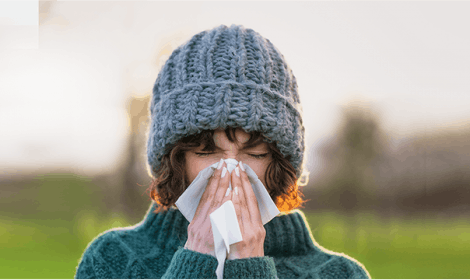What Causes Excess Mucus?
When you’ve been battling an exceptionally bad cold, there’s a point where you start to feel like maybe you’re turning a corner. You’re getting better sleep and your appetite starts to return. However, you might feel like your cough is lingering a little longer than you’d like. There might be the sensation that there’s always something in the back of your throat. Or perhaps your stuffy nose is still clogged, even though you’ve perked up significantly.
To truly understand what causes excess mucus, we first need to understand what mucus is and its role in protecting you and keeping you healthy.
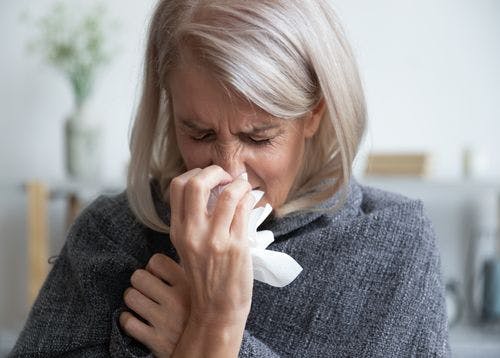
What is Mucus and How Does it Work?
Mucus is a protective substance that is excreted from areas of the body like the mouth, lungs, stomach, sinuses and intestines.1 It is primarily composed of what’s called mucin, which can act as a barrier, lubricant, or general viscous material.1 Generally, mucus protects the surfaces within our body, acting as a natural filter and allowing us to live with and alongside many types of bacteria and germs that might be harmful.1,2
Mucus is necessary for filtering out materials that you breathe in through your nose. Anything harmful, like dust, allergens and microorganisms get stuck in the mucus rather than causing harm or getting you sick. Once an unwelcome visitor is trapped in the mucus-lined surface of your lungs, tiny hairs called cilia help to push the mucus containing trapped bacteria, viruses and dust, up and out of your lungs.2
In healthy individuals, that mucus is eventually swallowed and passed out of the body.2 This natural protective process is continually happening within our bodies and is almost never noticed until we get sick.
What Causes Excess Mucus?
When you’re sick, your body’s normal mucus production shifts into a new gear, and an infection can make that mucus thicker and stickier.2 Infections can also lead to swelling in the mucus membranes that line your nose and airway, which may lead to the production of more mucus. As your body works to fight the infection, the existing mucus may catch all the bacteria and cells that are working to keep you healthy, and become even thicker in consistency. Until the infection is cleared, your body may be continually producing excess mucus to help carry away whatever’s making you sick.
Your body might produce an excess of mucus and phlegm when you3:
- Have a cold.
- Have sinusitis, or irritated sinuses.
- Have allergies.
- Are exposed to airborne irritants like smoke and pollution.
When you have a cold, excess mucus can be particularly unpleasant in the form of post-nasal drip and a runny nose.2 Post-nasal drip is when excess mucus from the back of your nose collects and drips down the back of your throat.2 This constant irritation is a common cause of a cough.
Apart from being sick with a virus or infection, allergens are a very common cause of excess mucus. The immune system overreacts to substances like dust or pet dander, causing your body to release histamines, which can make you sneeze.2 This sneezing may trigger your nose’s mucus membranes to swell and create more mucus to help remove the allergen from your body.2
In addition to there being multiple reasons for an excess of mucus, there are also two different types of nasal secretion. If you’re fighting a pollen allergy or eating spicy food, the mucus produced by your nose will be thinner and more watery.2 If you’re fighting a virus or infection caused by bacteria, the mucus will be thicker.2 This adaptable substance reacts to irritants and changes its viscosity to help keep you healthy.
Managing Excess Mucus
While excess mucus is typically a temporary annoyance, there are some ways to address it, or at least make it easier to live with.3
- Use saline nasal spray. These sprays help to hydrate tissues in your sinus cavity and nose. They also help to rinse out excess mucus and other debris.
- Use a humidifier. Increasing the humidity can help your body soothe and moisturize your nasal passageways and throat. This may help reduce the production of mucus and phlegm.
- Drink more water. One of mucus’s roles is to act as a lubricant. By staying hydrated and drinking lots of water, your body won’t have to work as hard to ensure that your delicate membranes aren’t drying out.
- Check air filters. Check the filters on heating and cooling systems in your home, car or office. If they’re not clean and working well, they won’t keep irritants out of the air. This could lead to the irritants making their way into your lungs, causing irritation and increased mucus production.
- Try a cold medicine with an expectorant. Cold medicine works to help relieve your symptoms so you can start feeling better. Expectorants work by thinning the mucus in the air passages to make it easier to cough up the mucus and clear the airways.4 If you’re feeling under the weather, an over-the-counter cold medicine with an expectorant can help.
Source Citations:
- All About That Mucus: How it keeps us healthy. Harvard University. https://sitn.hms.harvard.edu/flash/2018/mucus-keeps-us-healthy/ Referenced text is highlighted in the source material. Accessed on August 18, 2021.
- Marvels of Mucus and Phlegm. The Slime That Keeps You Healthy. National Institutes of Health. https://newsinhealth.nih.gov/2020/08/marvels-mucus-phlegm. Referenced text is highlighted in the source material. Accessed on August 18, 2021.
- Mucus and Phlegm: What to Do If You Have Too Much. Cleveland Clinic. https://health.clevelandclinic.org/mucus-and-phlegm-what-to-do-if-you-have-too-much/. Referenced text is highlighted in the source material. Accessed on August 18, 2021.
- Cold and Cough Medicines. Medline Plus. https://medlineplus.gov/coldandcoughmedicines.html. Referenced text is highlighted in the source material. Accessed on August 18, 2021.
